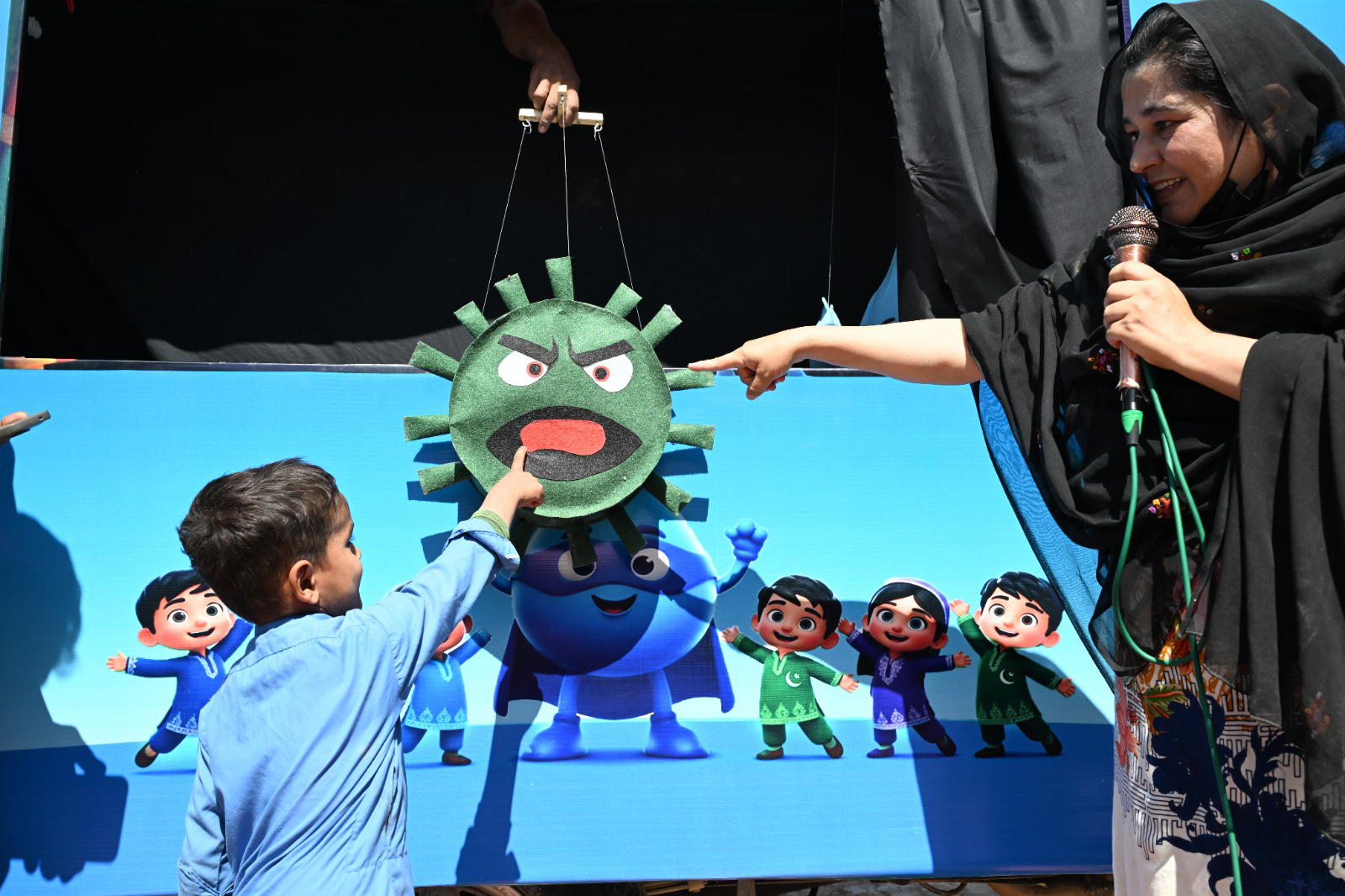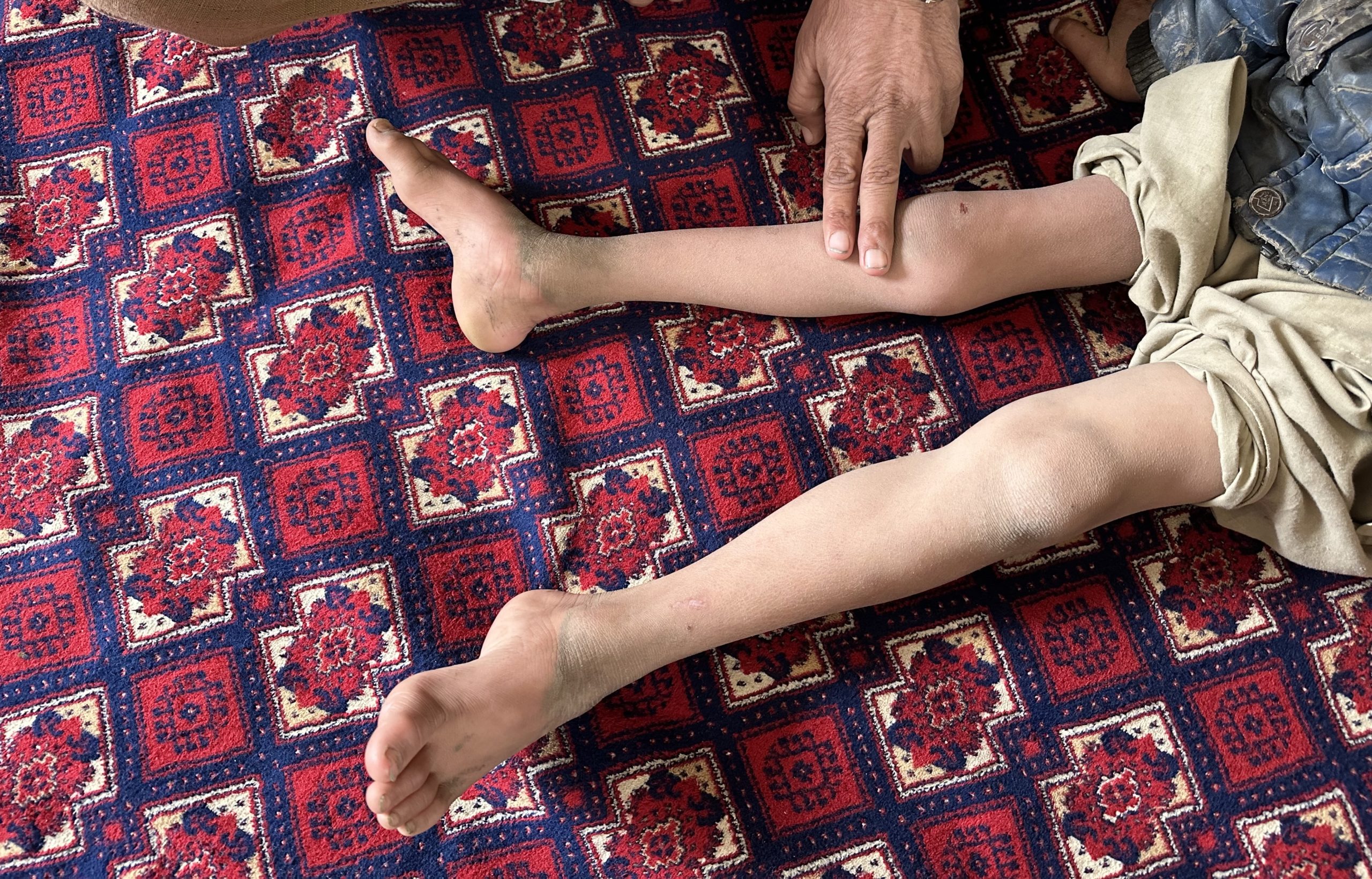
Iraq has become the 156th country to introduce the inactivated poliovirus vaccine (IPV) into its routine immunization schedule, a laudable achievement given the country’s current situation.
IPV will be given to children when they are 2, 4 and 6 months old, in a combination vaccine which also infers protection against diphtheria, tetanus, whooping cough, hepatitis B and Haemophilus influenzae type B.
The introduction of IPV comes two months before the trivalent to bivalent oral polio vaccine (OPV) switch, which will see the removal of the type 2 component from OPV. Polio eradication efforts have led to the eradication of wild poliovirus type 2, enabling this removal, the first step in the phased removal of all oral polio vaccine.
Iraq reported its last case of indigenous wild poliovirus in 2000, but suffered an outbreak in 2014, related to a strain isolated in Syria. The outbreak was successfully bought to a close, with the second and final case of the outbreak reported in April 2014.
While IPV introduction marks promising progress for Iraq, more work needs to be done. Routine immunization coverage has fallen over the last few years, from a high of 80% in 2011 to an estimate 63% in 2014. Surveillance for Acute flaccid paralysis (AFP) – one of the signs of polio – remains strong nationally, but gaps persist in areas of the country.
The introduction of IPV in routine immunization is a huge success for Iraq and will help to secure a world in which no child is ever again paralysed by polio



